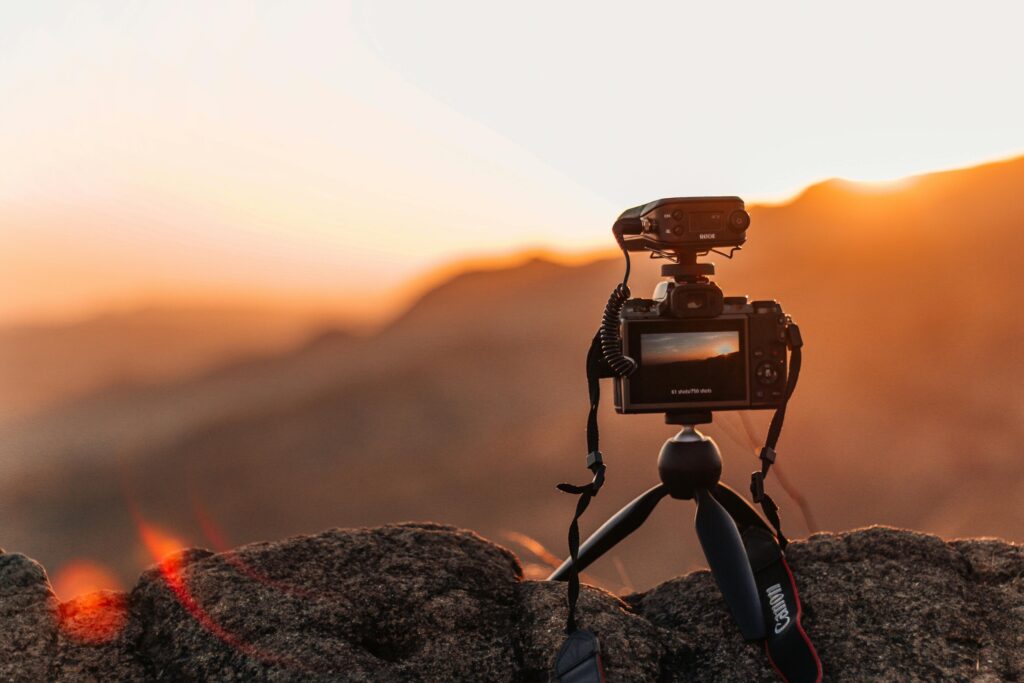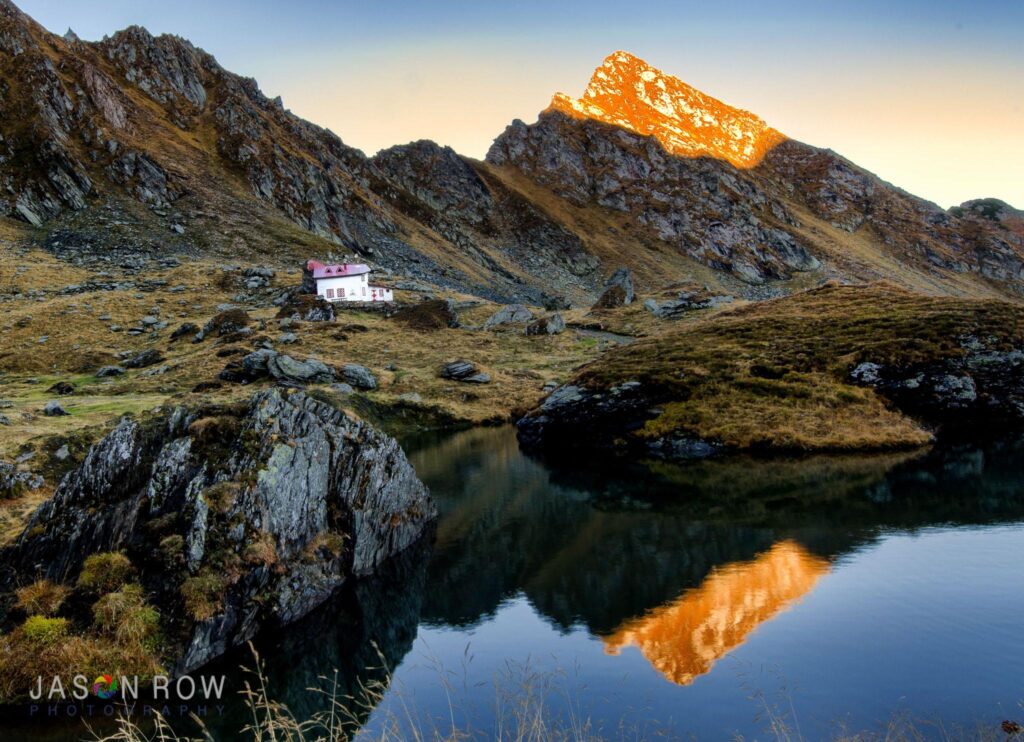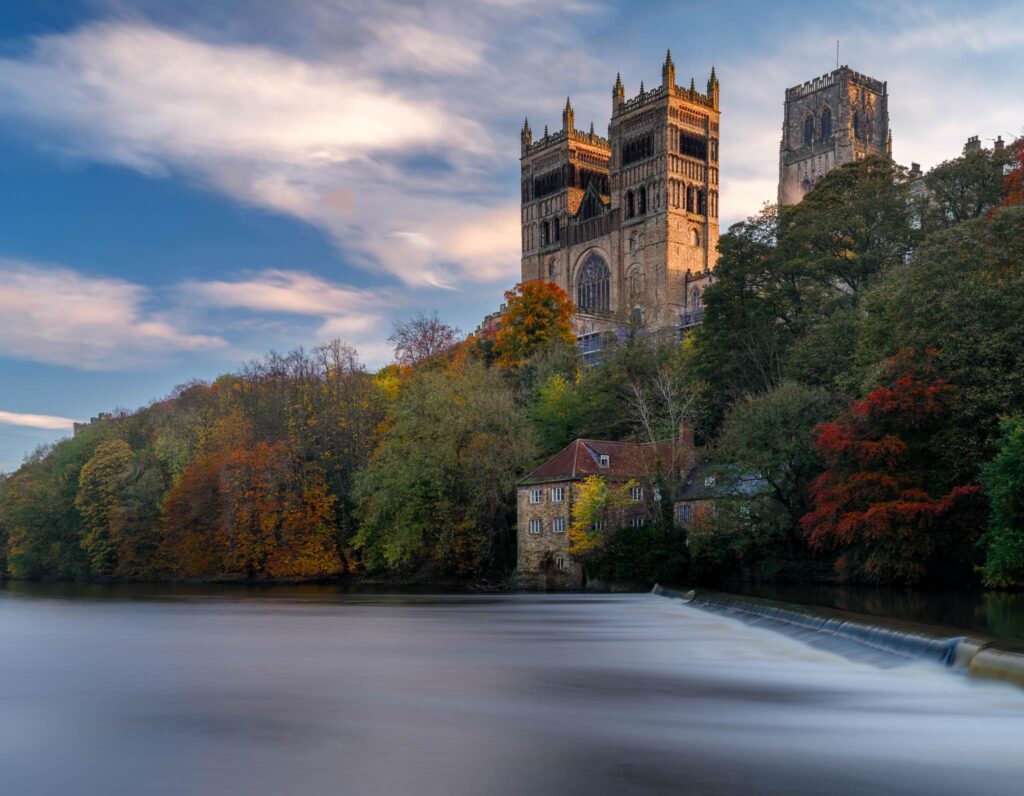Copyright is a thorny issue among photographers. Some of us are happy to let people use our images for free or for credit, and that’s fine. It’s your prerogative to do so. Others who work professionally need to charge or license our work.
I have never really bought into the concept that people giving away images for free are damaging the photographic industry. What is damaging to the photographic industry is that subsection of people believe that because an image is on the Internet, it’s free for them to use. This is not a small subsection either. There are many reasons why people steal images, not always to do with money. There is, however, a fightback in the form of copyright enforcement agencies. Today we are going to look at whether they can save the stock photography industry.

Who Steals Images?
Let’s start with the people who steal images. First of all, you may be surprised that it’s not just naive or financially strapped bloggers. I have recently won copyright cases against one of the largest media companies in Spain and also against a huge English-language newspaper in Taiwan. I currently still have a case against the Turkish division of one of America’s best-known news outlets. They have been ignoring my copyright enforcement agency for three years.
The fact is, there is no stereotypical image stealer. It can be the aforementioned blogger. However, more often is small to medium-sized businesses. Occasionally it's multi-national corporations. Very often, particularly in the case of small to medium companies, it’s actually their web design companies that are at fault. Whilst the majority of web designers are conscientious and fully aware of copyright laws, some, particularly ones that might be working to tight budgets, can deliberately overlook illegal image usage. They might sometimes get away with this because it’s actually the owner of the offending website that will be sued for copyright abuse, not the web designer. The website owner would then have to sue the web designer to compensate them for the fines.

Why Are Images Stolen?
Probably the primary reason is cost. The main demographic for that scenario is the low-budget blogger who does not have the money to invest in stock images. Another reason is what we talked about above, web design companies that are trying to produce work for clients, either on the cheap or to come in well below budget.
However, there is a subsection of this demographic who simply make a genuine mistake. In this scenario, the web designer has used a stock image as a placeholder, then simply forgotten to license it. These images will still have the copyright watermark of the respective agency. However, their own inefficiency or lack of quality control is not an acceptable excuse.
For larger companies, the most common type of copyright theft comes through guest bloggers. The bloggers submit articles to the social media editor, who then fails to check the provenance of the images used.
There is one last demographic that steals images, and that is the people who think images should not be copyrighted. Ironically these people are often artists themselves, usually in a different field to photographers. They are happy to make money from their own work but equally happy to prevent a fellow artist from making money by stealing their work. When contacted, they often use the phrase, “We artists should stick together”. They have a belief that there is some form of universal copyright between artists.
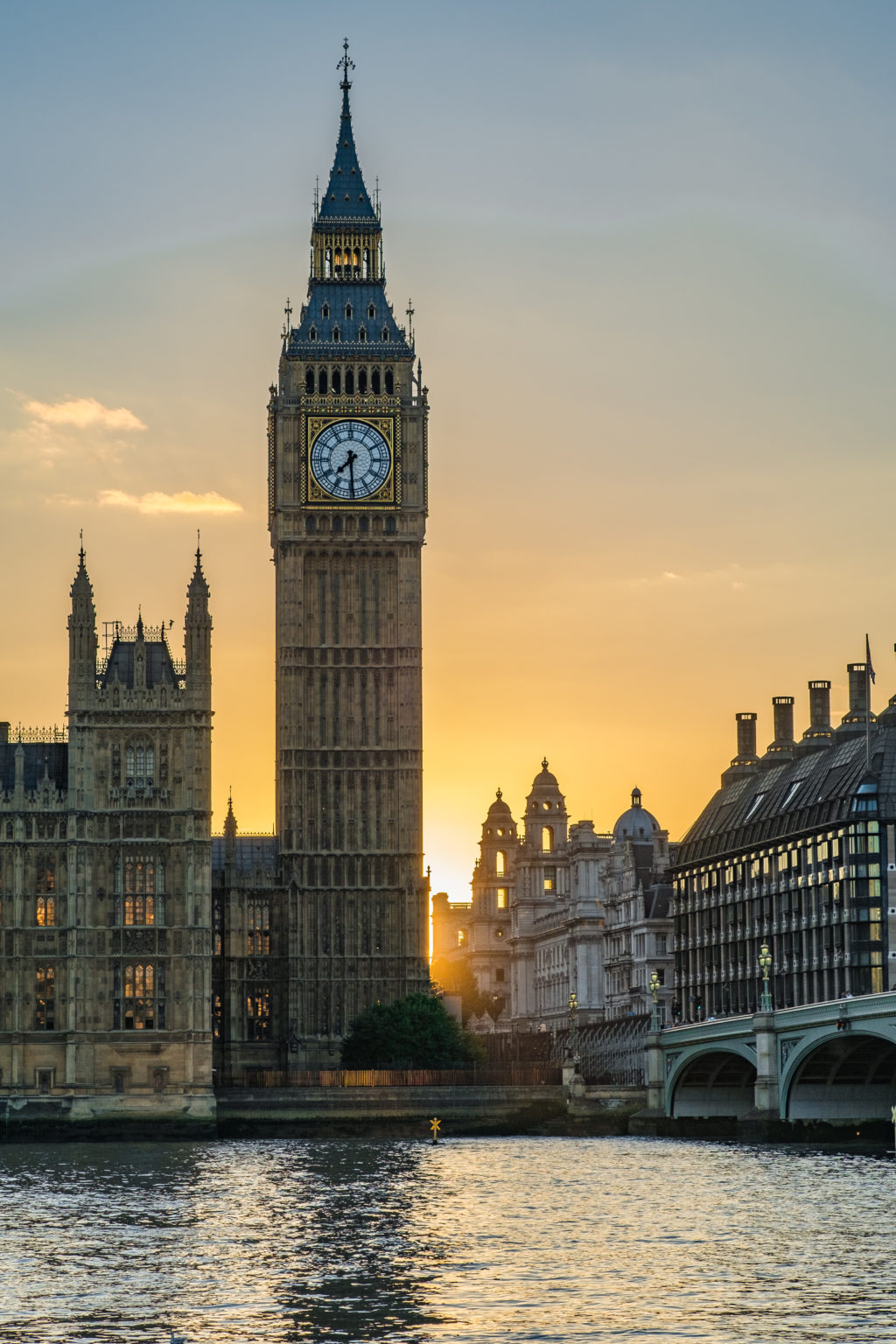
The Fight Back
Recent years have seen the rise of the copyright enforcement agency. These companies employ Google’s reverse image search technology to scour the internet for images. You can upload substantial batches of images to them, and they will show you all the hits. You then have to decide if that image is being used illegally or not.
I have used a company called Copytrack for several years with some success, getting four-figure sums in compensation most years. They do not go after the low-budget or naive blogger, only people or companies that are profiting from their websites, i.e., commercial sites. I don’t have a problem with this; commercial sites should know better. A single blogger can be contacted individually and asked to remove the image. If he or she refuses, then you can use the DMCA system.
There is a problem with copyright enforcement agencies when it comes to stock photography, however. The problem is that stock agencies do not provide any details of who purchases an image license. Ostentatiously this is to protect their own business. However, it does allow copyright abusers to steal with a certain amount of impunity.
I have a workflow that helps me eliminate most, if not all, images that have been licensed. Anything after that is fair game, and I will submit them to the copyright enforcement agency. The agency will accept or reject the claim based on its own criteria. These include things such as whether the site is commercial, where a third party could have uploaded the image, and, probably most important, the geographical location of the offender.
I would estimate only about 5% of my claims come back to me in the form of compensation. That’s not a huge percentage, but in monetary terms, it’s more than useful. Where Copytrack and other agencies struggle is in countries where there are little to no copyright protections. For me, the biggest offenders are China, Russia, Turkey, Iran, and Egypt.
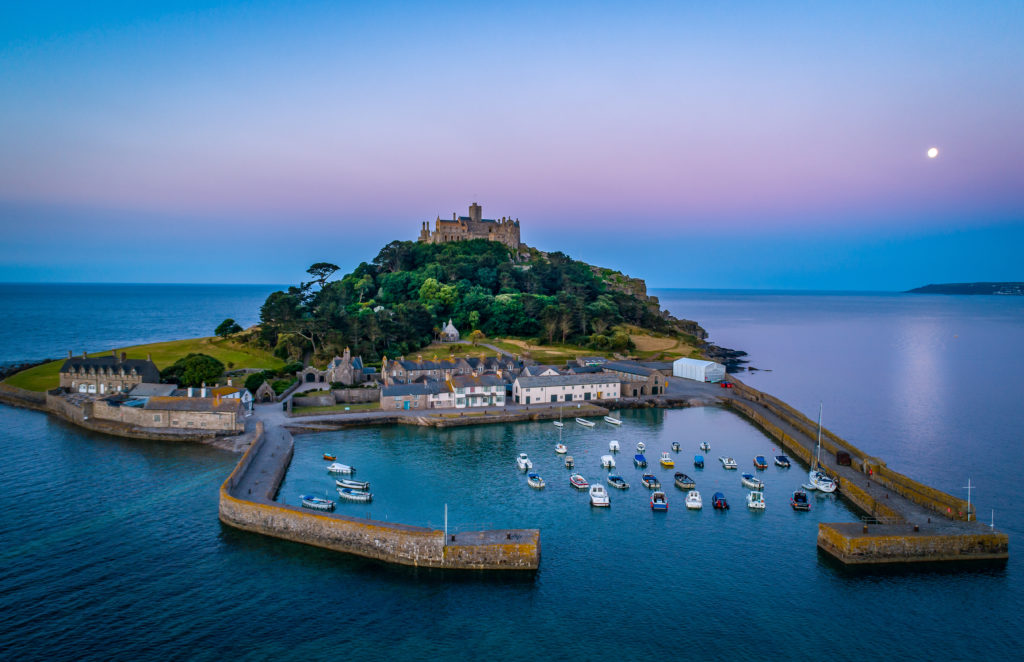
Will Copyright Companies Save Stock Photography?
I think the actual answer is no. There is such a massive gulf between different country’s laws on copyright that it’s pretty easy for people in certain locations to steal without recourse. What it may do is reduce the number of copyright thefts in more legally advanced countries and, in turn, improve the education of people that use images.
Copyright theft has only a small influence on the health of the stock industry. There are many other factors at play, not least the competition between the agencies themselves, forcing prices down. That’s a good thing for the image buyer but a bad thing for the stock contributor.
The stock agencies could help both photographers and copyright enforcers more by providing more details about image use. It does not have to be in-depth details, but even providing company type and location would make it easier for photographers to determine if an image has been licensed or not.
Whilst copyright enforcement agencies may not save the stock industry, they are helping photographers get paid or compensated for their work and, in turn, raising awareness of the issue of copyright infringement. That can only be a good thing.
Further Reading:
- Why You Need To Be Confident In Your Photography Abilities
- Losing An Old Friend – The Closing Of DPReview
- How Many People Use Instagram? Wild User Statistics
- Should We Photographers Fear The Rise Of The A.I. Image?
- The Essential Guide to Photography and Copyright Law
- What Photographers Need to Know About Copyright Law

